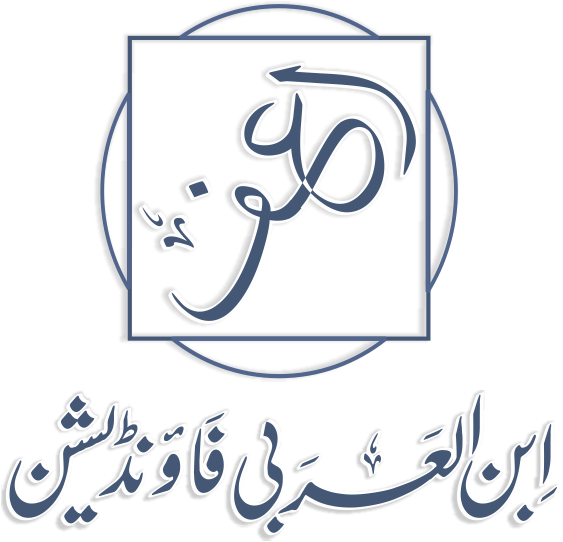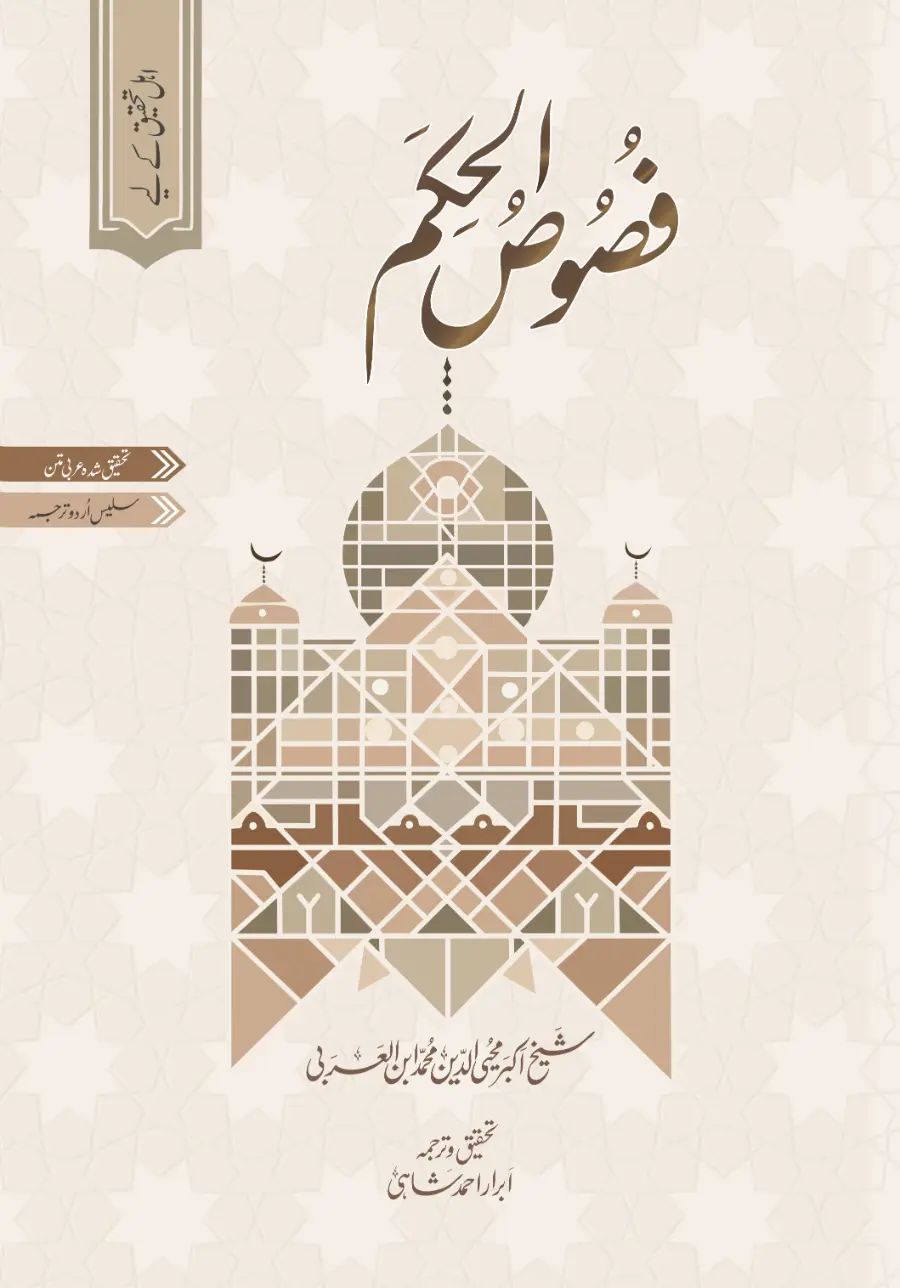Fusus al-Hikam
The Bazels of Wisdom
By Shaykh al-Akbar Muhyiddin Ibn al-Arabi
Fusus deals with the hidden meaning of the 27 prophets mentioned in the Quran from Adam to Muhammad, focusing on the infinite wisdom that is both unique in itself and multifaceted in its representation. Fusûs al-Hikam is a comprehensive explanation of the most profound meaning of human existence and perfectibility, as well as an esoteric interpretation of the Quran. In the preface of the book, Ibn ‘Arabi shares that he had a dream-vision in which he saw the Prophet Muhammad (may God bless him and give him peace) holding a book. The Prophet told Ibn ‘Arabi that the book was the Fuṣūṣ al-ḥikam and instructed him to bring it out to the people who would benefit from it. In response, Ibn ‘Arabi expressed his willingness to obey God, His messenger, and the people entrusted with authority. He clarified that he did not communicate anything that had not already been revealed to him, nor did he claim to be a prophet or a messenger. Instead, he saw himself as an heir who labours for the good of the other world.
10 Manuscripts
10 Key Manuscripts Collated from the most reliable global sources (Tier 1 & Tier 2).
344 Pages
Best Arabic Critical Edition, checked and collated with the best available manuscripts
Urdu Translation
Complete parallel Urdu translation, easy to understand and comprehend
Edition Highlights
Critical Edition
based on 10 best Manuscripts
This edition establishes a new benchmark for accuracy, meticulously cross-referencing seven of the most reliable manuscripts (categorized as Tier 1 and Tier 2). Variant readings and editorial decisions are clearly noted, providing unparalleled textual integrity.
Details
Book Data
Author: Shaykh al-Akbar Ibn al-Arabi
Editor: Abrar Ahmed Shahī
Translated by: Abrar Ahmed Shahi
Pages: 550
ISBN: 9789699305085
Dimensions: 255 × 165 mm
Edition: Nov 2024
Made possible with a grant from TIMA
Urdu Translation
By Abrar Ahmed Shahi
فصوص الحکم
فصوص الحکم شیخ اکبر کی اہم ترین کتابوں میں سے ایک کتاب ہے۔ یہ ایک مبارک خواب کی صورت میں آپ کو دی گئی۔ اس خواب کے بارے میں شیخ فصوص کے مقدمے میں لکھتے ہیں:
“میں نے ایک بشارت دینے والے خواب میں نبی کریم صلی اللہ علیہ وسلم کا دیدار کیا، یہ خواب مجھے سن 627 ھ اخیر عشرہ محرم، شہر دمشق میں دکھلایا گیا۔ آپؐ کے ہاتھ میں ایک کتاب تھی، مجھے بولے: “یہ کتاب فصوص الحکم ہے، اسے پکڑو اور لوگوں تک پہنچاؤ تاکہ وہ اِس سے فائدہ اٹھائیں۔” میں نے کہا: جیسا ہمیں حکم دیا گیا ہے ہماری کامل فرمانبرداری اللہ، اُس کے رسول اور وقت کے حاکموں کے لیے ہے۔ سو میں نے اِس خواہش کو پورا کیا، نیت کو خالص کیا، اور اپنی توجہ اور مقصد اِس کتاب کو کسی کمی بیشی کے بغیر ویسے منظر عام پر لانا بنا لیا جیسا کہ مجھے رسول اللہ صلى الله عليه وسلم نے کہا۔”
اب جبکہ اس کتاب کی نسبت نبی کریم صلی اللہ علیہ وسلم کی جانب ہے تو پھر احتیاط کا تقاضا یہی تھا کہ اس کو منظر عام پر لانے کے لیے حتی الامکان احتیاط سے کام لیا جاتا۔ اس بارے میں شیخ فرماتے ہیں:
“پھر میں نے اللہ سے یہ دعا مانگی کہ اِس (کتاب کے) معاملے میں، بلکہ میرے تمام احوال میں مجھے اپنے ان بندوں میں شامل کر لے کہ جن پر شیطان کا کوئی زور نہیں، اور جو کچھ میری انگلیاں لکھیں، میری زبان بولے، یا میرے دل میں آئے؛ عیب سے منزّہ القا کی صورت، یا نفسی شعور میں روحی الہام کی مانند، تو اِس سب میں مجھے اُس (تائید خدائی) سے مخصوص کر کہ میں اِس (القا اور الہام) کو گرفت میں لے سکوں؛ تاکہ میں (رسول خدا کا) ترجمان بنوں اور اپنی ذات سے اِس میں تصرف نہ کروں۔”
اور فرمایا: “جب اللہ تعالی نے مجھے باطنی طور پر اُن باتوں پر مطلع کیا جو اِس امام اور والد اکبر میں ودیعت کی گئیں، تو میں نے اِس کتاب میں اِن میں سے وہی کچھ ذکر کیا جس کی مجھے اجازت دی گئی، نہ وہ کہ جن پر میں مطلع ہوا؛ کیونکہ یہ کتاب اور آج کا یہ عالم اِن (اسرار) کا احاطہ نہیں کر سکتا۔ پس جس کا میں نے مشاہدہ کیا اور جو میں اِس کتاب میں لکھوں گا وہ اسی قدر ہو گا جس قدر رسول اللہ صلی اللہ علیہ وسلم نے مجھے لکھنے کا حکم دیا۔”
Manuscript Details
This critical edition represents years of meticulous scholarship, founded upon a comparative study of ten key manuscripts sourced from prestigious collections worldwide.We have divided these ten manuscripts into two categories:
First-Category Manuscripts:
First-category manuscripts refer to those copies transcribed directly from the original manuscript, or copied within approximately one century of the author’s (Sheikh’s) lifetime or death. These manuscripts present the best text and are mostly transcribed directly from the original. They form the primary basis for reliance in preparing the critical edition.
Second-Category Manuscripts:
Second-category manuscripts refer to those copies not transcribed directly from the original manuscript, or copied centuries after the author’s (Sheikh’s) death. Although these manuscripts also present a good text, we consider them as supporting evidence. Due to the prevalence of numerous errors in some of these copies, not all textual variants found within them are recorded in the footnotes.

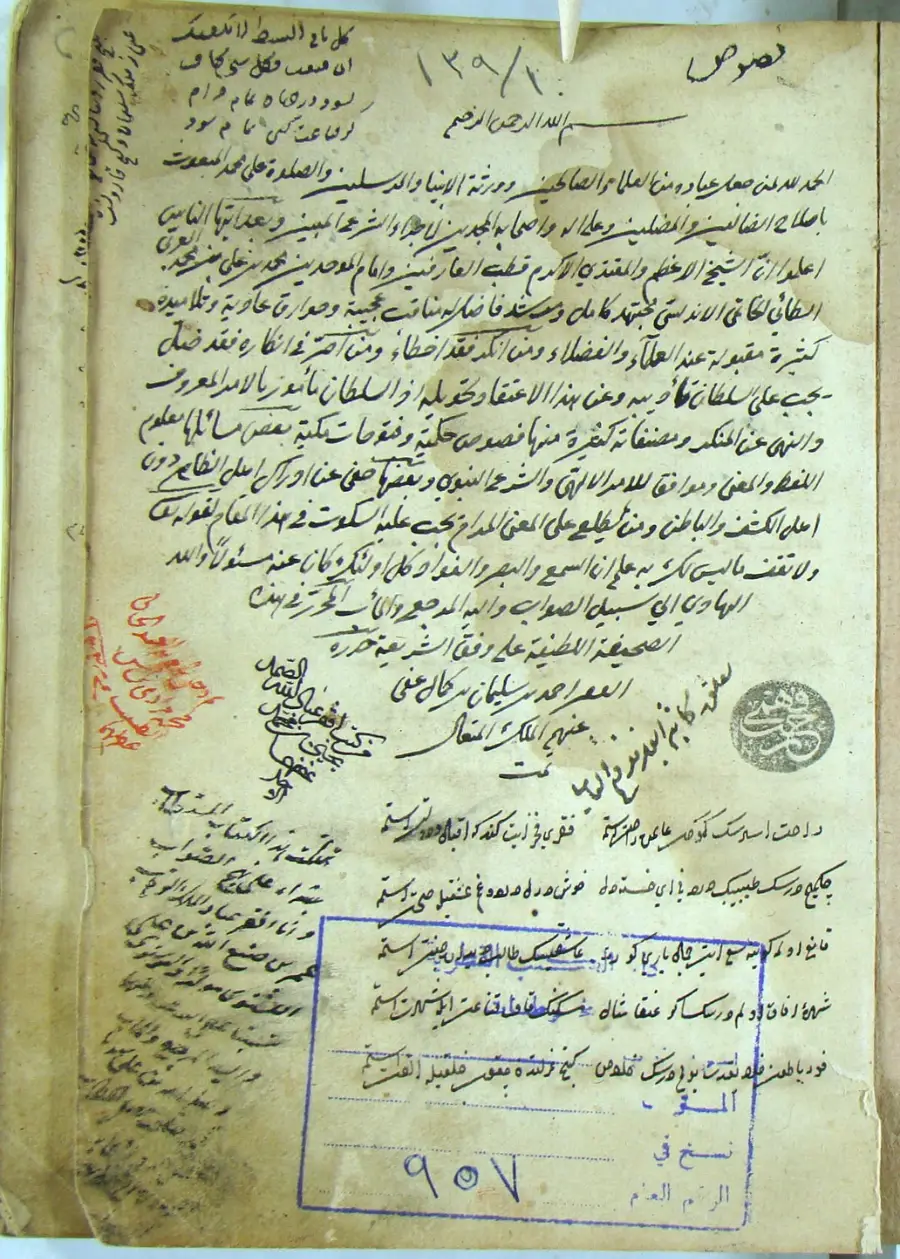
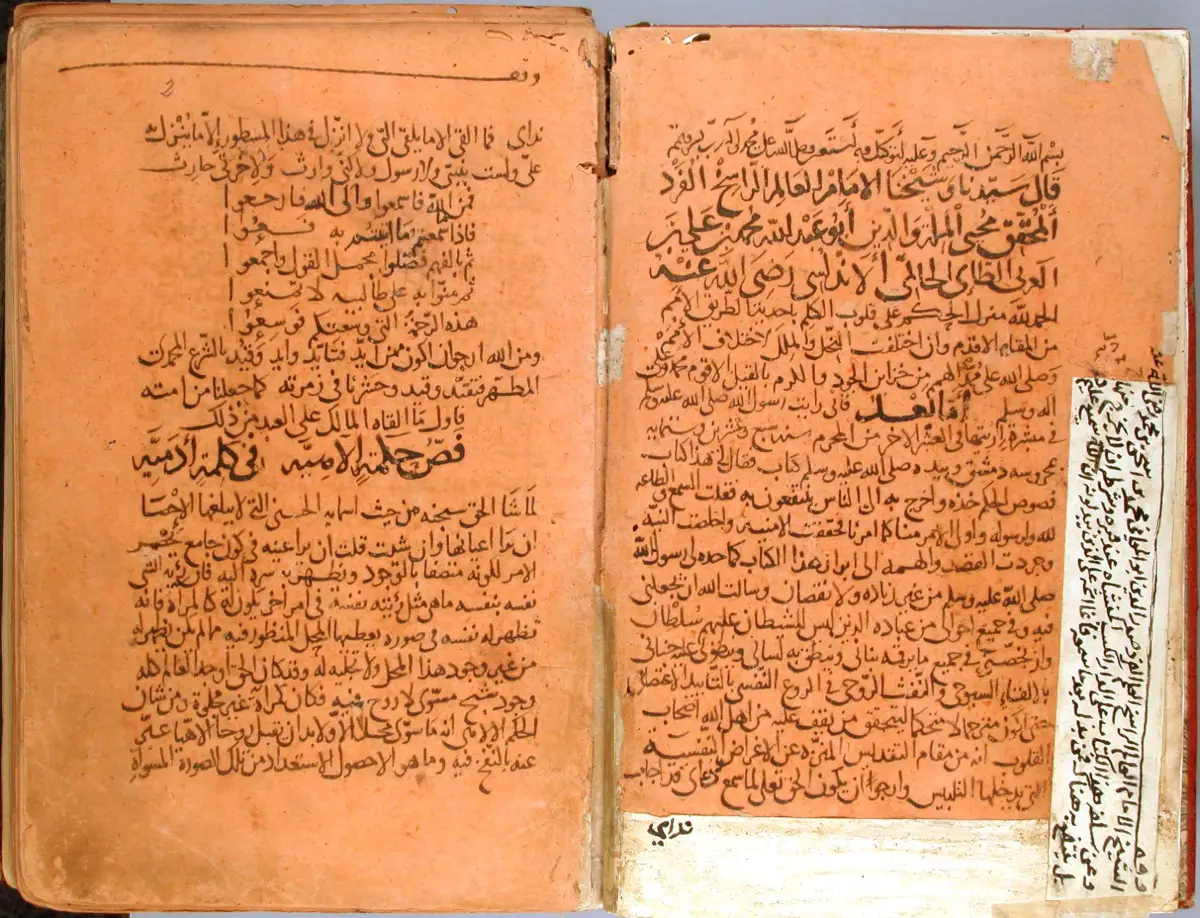
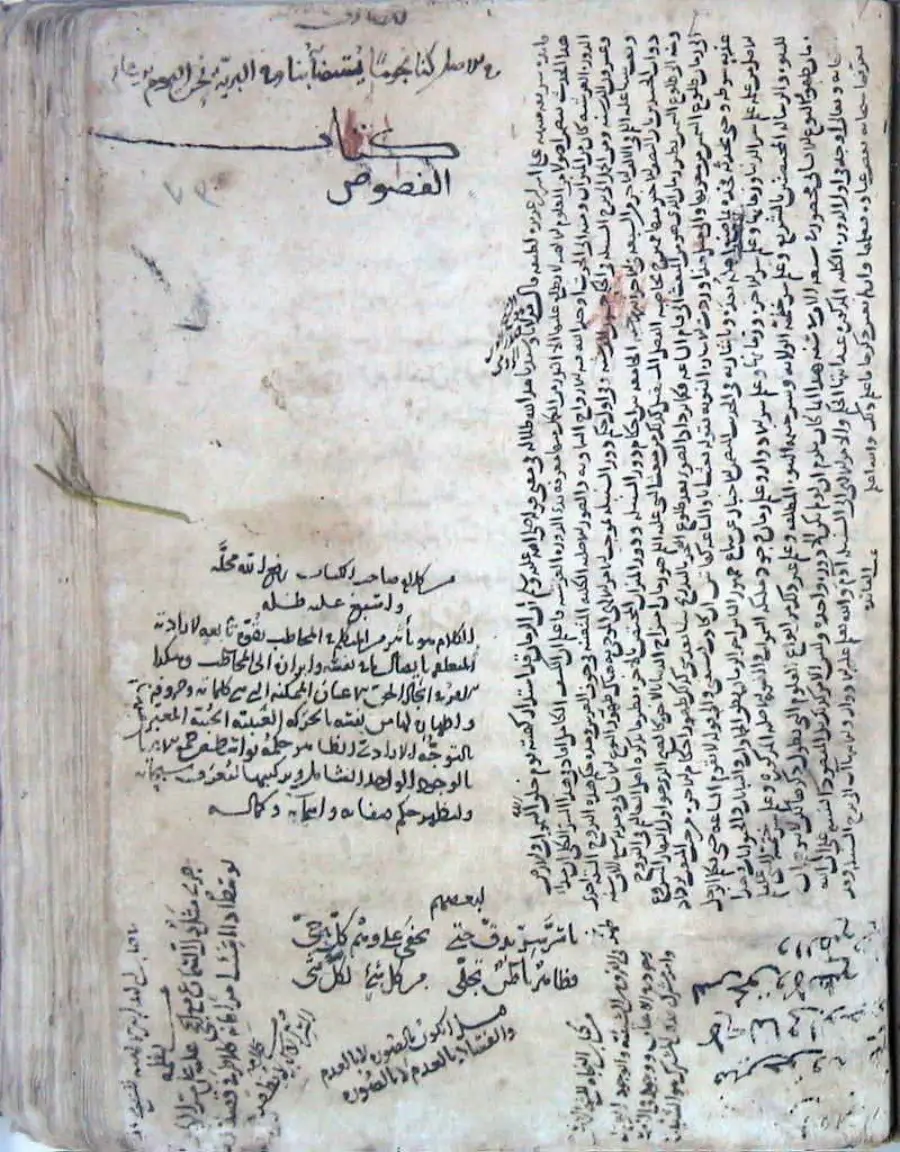
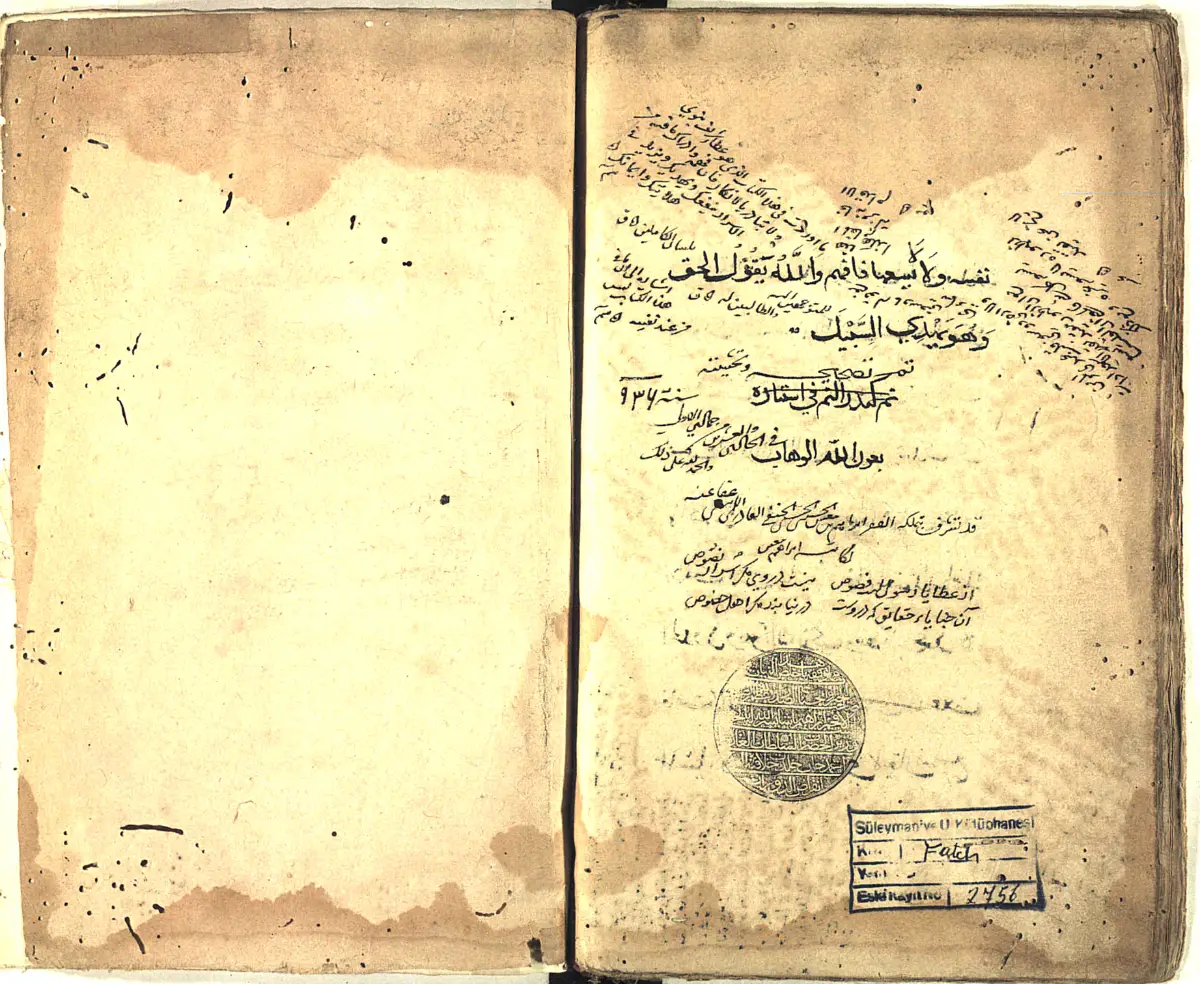
Private video
Ibn al-Arabi Foundation October 3, 2023 12:19 pm
The Author: Shaykh al-Akbar
Muhyiddin Ibn al-Arabi (1165–1240)
Revered as the “Greatest Master” (Shaykh al-Akbar), Ibn al-Arabi stands as one of the most influential and profound figures in the history of Islamic thought. An Andalusian mystic, philosopher, poet, and scholar, his vast body of work explores the depths of metaphysics, cosmology, theology, and the nature of reality itself.
His teachings, particularly on the Unity of Being (Wahdat al-Wujud), have shaped Sufi traditions and Islamic philosophy for centuries. Kitab al-Tajalliyat, the “Book of Theophanies,” is a key work offering intimate insights into the nature of Divine Self-disclosure.
The Editor & Translator
Abrar Ahmed Shahi
Abrar Ahmed Shahi is a distinguished Pakistani Sufi scholar, Editor & Translator, recognized globally for his dedication to the works of Shaykh al-Akbar Muhiyiddin Ibn al-Arabi. In 2007, he founded the Ibn al-Arabi Foundation, an organization committed to the preservation, translation, and dissemination of the Shaykh’s vast literary heritage.
With over 19 years of focused engagement, Shahi has translated more than 30 of Ibn al-Arabi’s major and minor works into Urdu, making these complex texts accessible to a wider audience. His annotated translations are highly regarded for their scholarly rigor, clarity, and sensitivity to the nuances of the original Arabic.
Spiritually, Abrar Ahmed Shahi has been under the direct guidance of Shaykh Ahmad Muhammad Ali (Egypt) since 2015, he now make bayat and introduce Shaykh’s Tariqa in Pakistan.
In summary his work bridges academic scholarship and traditional spiritual understanding.
